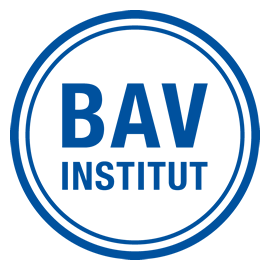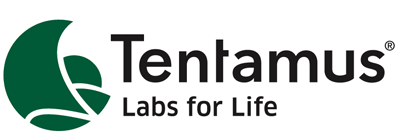21.07.2019 - Lebensmittel
Food-borne outbreaks in Germany (e.g. campylobacterioses, salmonellosis and listeriosis)
Since 2015, BVL (Federal Office of Consumer Protection and Food Safety) and RKI (Robert Koch Institute) have been publishing a joint report on food-borne outbreaks, which is available on the BVL website.
In 2017, 49 high evidence outbreaks were reported to EFSA. The foods most frequently affected were milk (18 outbreaks of raw milk, 1 outbreak of pasteurised milk), compound foods and prepared foods (8 outbreaks) and pork and pork products (5 outbreaks). Food was most commonly consumed in private households (19 outbreaks) and in restaurants, cafés, bars, hotels and catering (9 outbreaks). An important role was played by the distribution of milk via so-called raw milk dispensers, which were indicated as the origin of the problem in 5 outbreaks. Examples include outbreaks of noroviruses related to food delivered in a bakery (126 cases), clostridium perfringens after the consumption of goulash (102 cases of illness), salmonella Typhimurium after consumption of raw sausage products and Thüringer Mett (72 cases of disease), ciguatoxin after consumption of double-spot snappers labelled as Red Snappers (11 cases of disease) and early summer meningoencephalitis (TBE) after consumption of raw goat's milk or soft cheese made from raw goat's milk (13 cases of disease).
In our laboratory we carry out regular examinations for pathogens. We provide you with fast and reliable results.
Our customer advisors will be happy to answer any questions you may have.
Source: 2nd meeting of the BfR Commission on Biological Hazards and Hygiene, BELA notification BVL


 de
de en
en